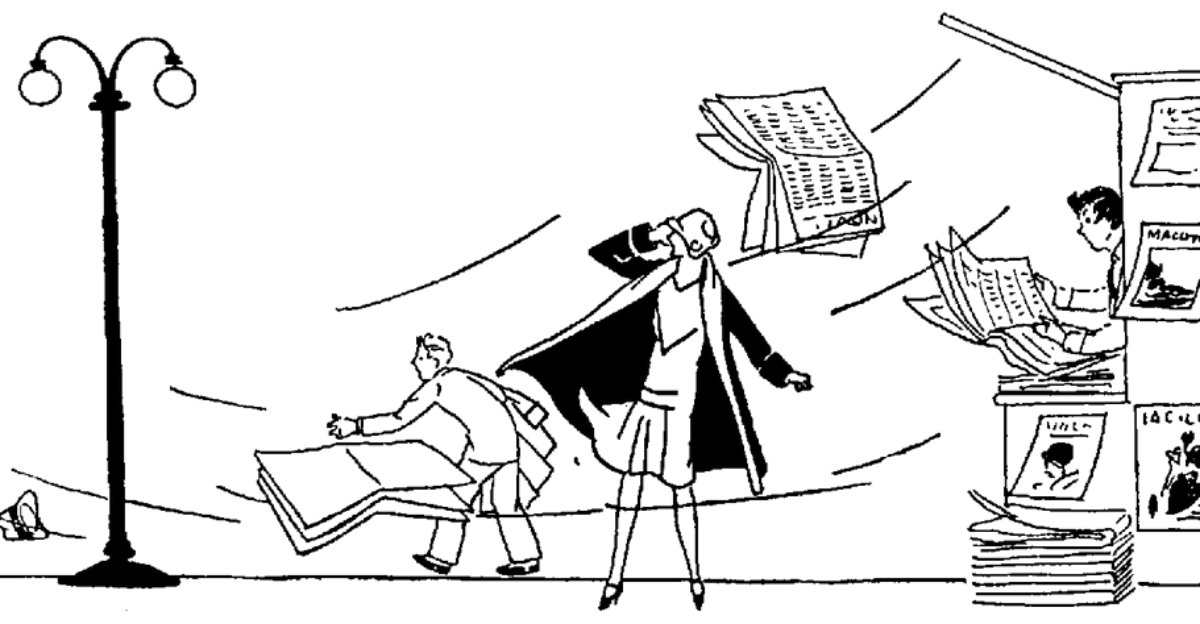WE HAVE A CONSTANT FUCKUP, I MEAN CONFUSION GOING ON WHEN IT COMES TO PRAISING THE GREAT OF THE PAST, CRITICIZING THEIR TREATMENT IN THE PAST, AND COMMITTING EXACTLY THE SAME SINS NOW.
I saw “The Imitation Game” yesterday, a natural choice of movie after having finished reading The Genius Famine.
I didn’t know much about Turing and didn’t know that Benedict Cumberbatch played in this movie, too. Fictional Sherlock and actual Turing were in the same league, and Benedict plays them both very well. The whole movie was good, enjoyable and, yes, intelligent, as one would wish in this case.
However we measure Turing’s contribution in the war, and for England, it seems difficult to avoid the following conclusion: Turing gave enormous value to England, more or less helped it to defeat the Germans. From the end text of the movie: “Historians estimate that breaking Enigma shortened the war by more than two years, saving over 13 millions lives.”
That’s a lot of lives. Just saving 100, or even 2, is a good deed. In any case one should think that England owed a lot to this eccentric, odd young man.
So what happened after the code was broken? Then another aspect of the relationship between Turing-England came to the fore, namely his oddity and deviation, in this case his homosexuality. For this crime Turin was sentenced to chemical castration, and soon after committed suicide (at least so the official story goes).
Now England owed him even more. But a bit late to repay, no?
Prime Minister Gordon Brown made a statement on 10 September 2009 (54 years after Turing’s death) apologizing and describing the treatment of Turing as “appalling”. (My underlining.)
“Thousands of people have come together to demand justice for Alan Turing and recognition of the appalling way he was treated. While Turing was dealt with under the law of the time and we can’t put the clock back, his treatment was of course utterly unfair and I am pleased to have the chance to say how deeply sorry I and we all are for what happened to him … So on behalf of the British government, and all those who live freely thanks to Alan‘s work I am very proud to say: we’re sorry, you deserved so much better.”
Proud to be sorry? And his treatment was “of course utterly unfair”?
No, not “of course”. That’s just us patting our own back, trying to make ourselves look better than we are.
However, OF COURSE it is very easy to nod and agree and to say “How terribly awful! How could they treat people like that…?”
The answer is that we are doing the same thing now. Only to other, different folks, with other, different mistreatments. (Don’t expect sin to come again in the same costume, that’s naive.)
Don’t tell me that if you had been contemporary with Turing — had met him, maybe been his neighbor — you would have been the one to stand up and protest to the way he was treated. I don’t believe you.
Much more likely you would have been just as most anybody was then. After all, that’s how we are today; as most anybody. Acting, thinking, even feeling like most anybody in our milieu.
So of course we are not better today. We’re just bad in a different way.
 How I wish I could dispel this enormously popular and persistent myth: that we have progressed and are not guilty of the sins of yesteryear.
How I wish I could dispel this enormously popular and persistent myth: that we have progressed and are not guilty of the sins of yesteryear.
Of course we are. Our sins are just of a different colour and shape, turned towards folks not yet protected by the Posthumous Understanding of Posterity.
We probably commit much greater sins because today justice has been even more institutionalized, formalized, digitized (soon robots can do it), has become even more a machinery instead of being a question of the heart.

Another thing about Turing. If we can speak about his “type” (I don’t mean sexuality now) it seems to be very invisible, until a really large and urgent problem turns up. Then he shows his true colors, true brilliance. Until then, in more “normal” and lukewarm circumstances he is basically a nobody, a bit odd, maybe a recluse, not interesting to most people.
The cheese that lures this mouse out from his hole is some really dramatic challenge.
These we have today — poverty, wars, stress, cancer, environmental degradation, overpopulation, etc. — so this could be a great time for people like Turing, right?
Perhaps, perhaps not.
We have unfortunately gotten used to a very modern approach to problems: They are to be solved by organizations, experts and committees. (While we know that these are NEVER as smart, intelligent or creative as folks like Turing. By definition.)
So we have become genius-blind and organization-tilted. We are looking for answers in the wrong quarter, asking not the individual but groups stuck in groupthink.
In the Group we trust, in Committees we believe, in Experts we confide, in Statistics we invest. While it is in the exact opposite direction — the quarter of the odd, solitary thinker — that the answer lies.

Demanding posthumous apologies is a present-day form of hypocrisy. A politician will comply with it as long as it won’t cost money or votes.
Solving modern problems demands so much resources that I don’t think an individual can do it, whether a genius or a mere expert. Possibly an individual with enough resources can find a cure to a type of cancer, but war?
I don’t believe in organizations or committees either. But ‘groupthink’ is not the basic problem. There is so much wearisome wrangling and unhappy compromises there that groupthink starts to seem blissful in comparison.